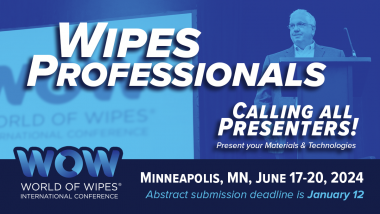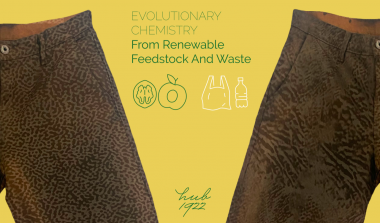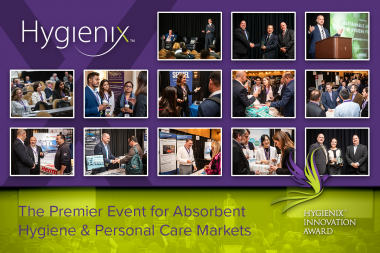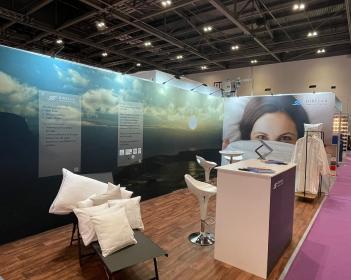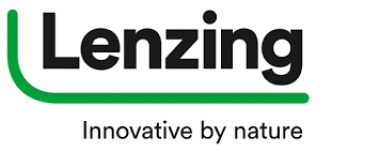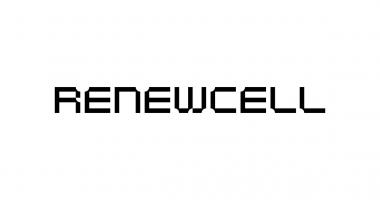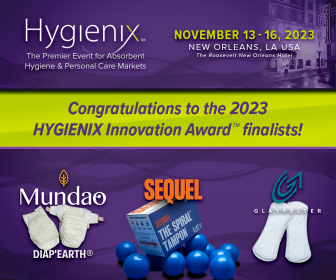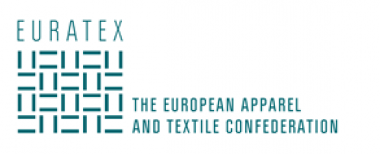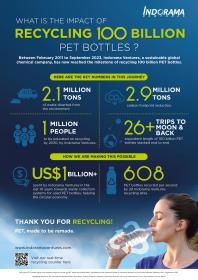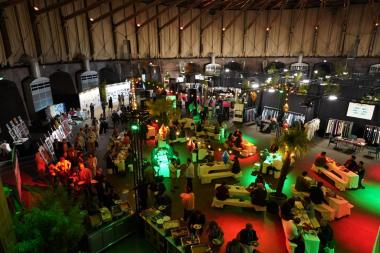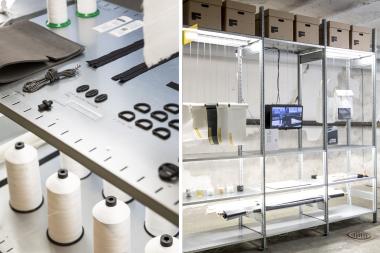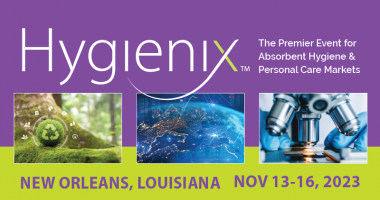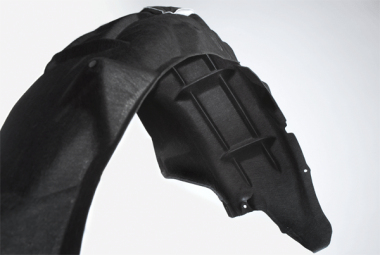WOW International Conference calls for Presentations
INDA’s World of Wipes® (WOW) International Conference is accepting abstracts on wipes products, markets, and technologies to be presented in Minneapolis, MN, June 17-20, 2024. The deadline for abstract submissions is January 12, 2024.
Experts in dry and wet nonwoven wipes, sustainability, end-use markets, substrate formation, raw materials and fibers, liquid ingredients, packaging, machinery, and market trends and data are encouraged to submit a brief abstract. The abstracts may be submitted via the WOW website.
Topics for consideration include:
- Dry and wet wipes
- Circular economy
- Sustainability / End-of-life implications
- Substrate formation
- Skin care formulations
- Raw materials
- Packaging
- Machinery and equipment
- Market trends and consumer insight
- Regulations
- Ecommerce / Retail channels
INDA


